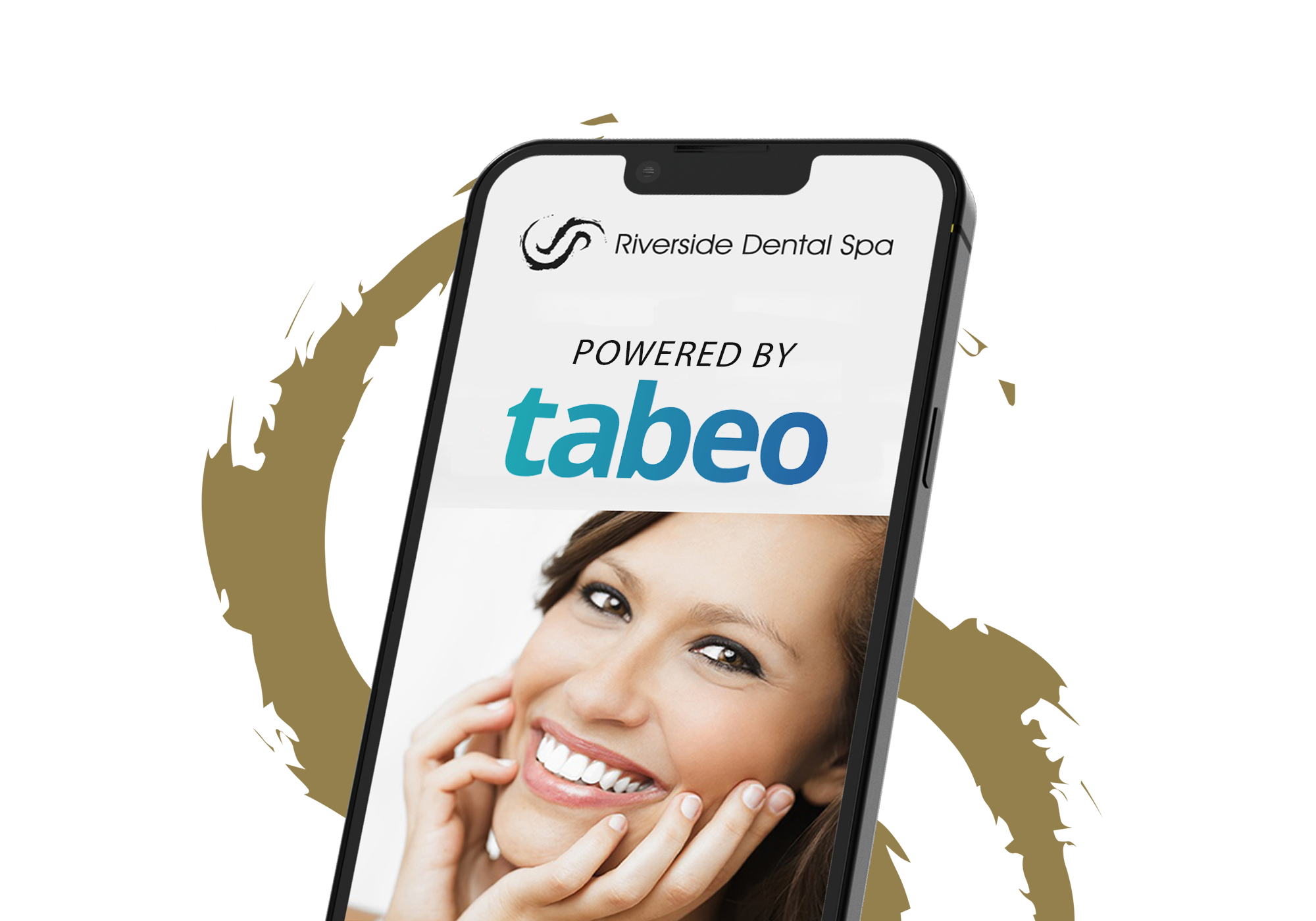We all know we should be brushing our teeth at least twice a day, but it is less well known that we should also be cleaning in between our teeth with interdental brushes. While it might seem like yet another thing to do before we get our weary selves to bed, it’s actually very important for our oral health.
Here, we’ll take a close look at interdental cleaning and its benefits, as well as how to use interdental brushes to protect your smile for years to come.
What is interdental brushing, and what does it do?
When we eat and drink, food and debris collects between our teeth. This can cause staining and plaque build-up, which can lead to tooth damage. Regular toothbrushes, including both electronic and manual, are great at removing surface plaque when used correctly. But they’re not very good at getting in the gaps in between your teeth, which are the spots where debris can collect and cause problems.
Flossing is one method of interdental cleaning that people often use, but some find it difficult to position the tape appropriately or find they always catch their gums. Interdental brushing can be an easier alternative, and interdental brushes are available in all different sizes to cater to everyone.
Should I use interdental brushes before or after brushing?
According to the Oral Health Foundation, we should perform interdental cleaning before brushing to maximise its effectiveness. The study found that flossing loosens bacteria and debris from between the teeth, making them easier to clean.
How do I use interdental brushes?
- Before brushing, use an interdental brush to clean in between the teeth. Pick a brush size appropriate for the size of the space in between your teeth. You might need to use more than one size.
-Insert the interdental brush gently between your teeth, being careful not to poke the gums surrounding your teeth.
-If the brush feels too big for the gap or gets stuck, try and use a smaller brush. Whatever you do, don’t try and force the brush into the gap as this can damage your gums.
-Go round all the spaces in between all the teeth.
-Brush your teeth as normal.
What if my teeth bleed?
If you haven’t cleaned in between your teeth for some time, you may have a heavy build-up of plaque. When you disturb this through interdental brushing, you might notice some bleeding on the first few attempts. Bleeding can be a warning sign of gingivitis, the initial stage of gum disease. Don’t let this put you off - keep cleaning every time you brush your teeth, and eventually the bleeding should subside. If it doesn’t, please do mention it to your dentist, as it can also be a sign of other health conditions.
What health benefits can interdental cleaning offer?
By not cleaning in between your teeth, you run the risk of plaque building up and infections developing. Poor oral hygiene has been linked to general health conditions like stroke, diabetes, heart disease and more. By maintaining your oral health, by knowing how to use interdental brushes, visiting your dentist regularly and taking care of your teeth at home through methods like interdental brushing, you can improve your overall health.
If you’re unsure how to perform interdental cleaning, your dentist or hygienist should be able to show you how to use interdental brushes effectively. What’s more, they can help you reach harder to reach places that may be causing you a problem, nipping any potential problems in the bud before they escalate.
If you’re looking for help with interdental cleaning or would like a dental hygienist to give your teeth a thorough clean to get you started, the team here at Riverside Dental Spa would be happy to help. Please contact us on 020 7091 0677 or click here to request an appointment.



